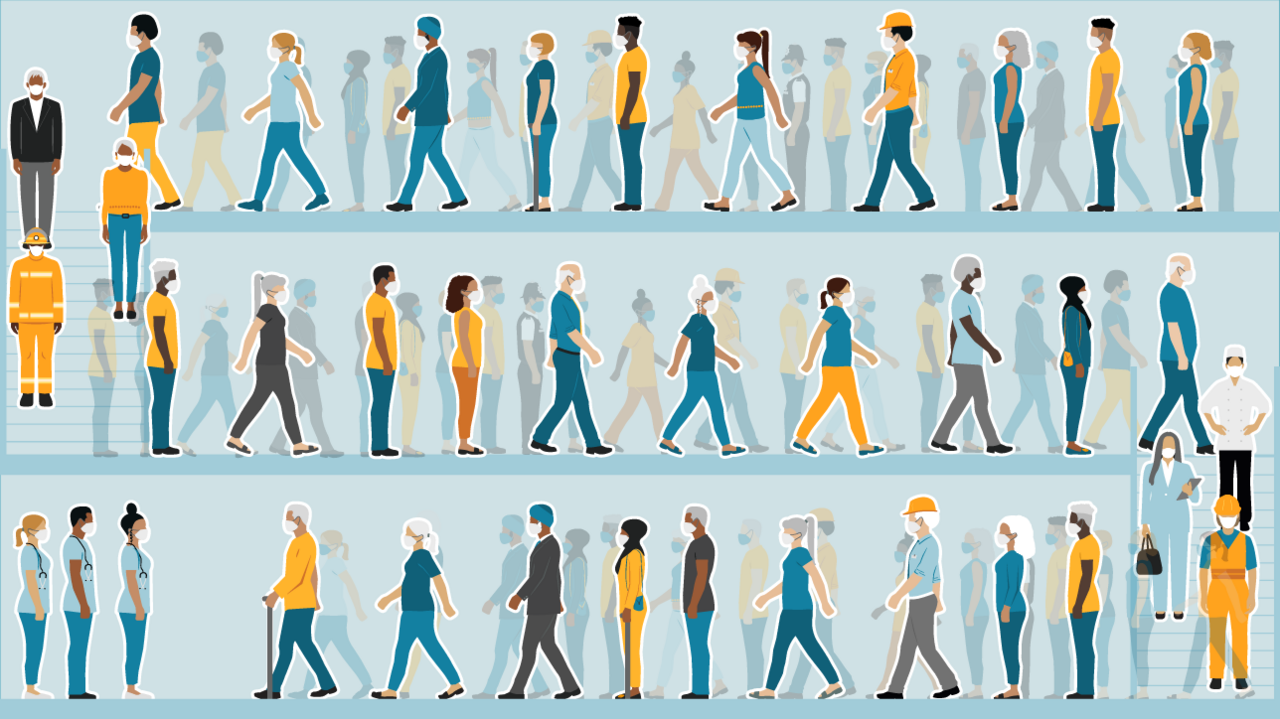Covid-19: Over-65s to receive jab in next phase of rollout in England
- Published
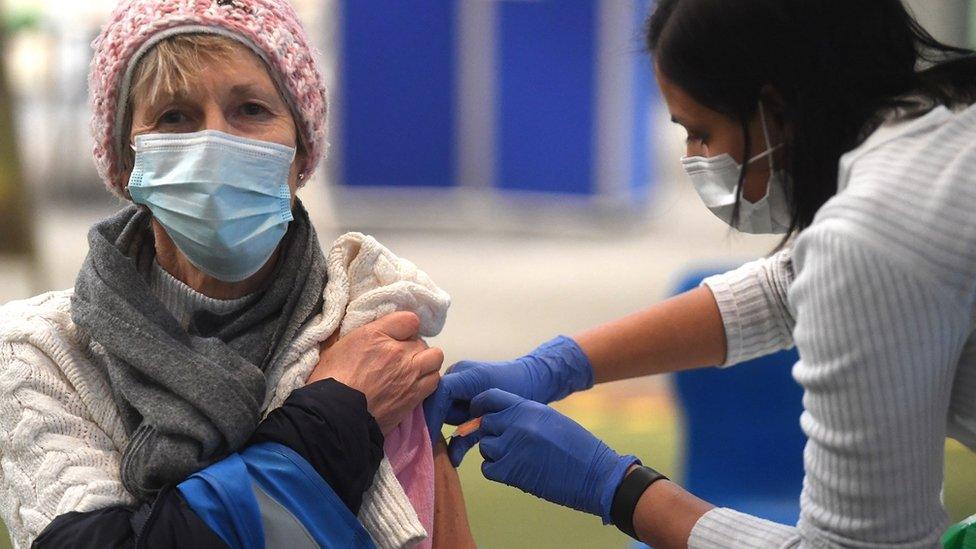
People aged 65 to 69 in England are among those being invited to book their Covid-19 jab as the vaccination programme enters a new phase on Monday.
The clinically vulnerable are also being offered the jab as the vaccine rollout is officially expanded beyond the top four priority groups, external.
The UK is on track to offer the jab to all of the most vulnerable people by Monday, ministers have said.
So far, more than 14.5 million people in the UK have had at least one dose , external.
Almost 1.2 million letters were due to have landed on the doorsteps of over-65s and the clinically vulnerable by Saturday asking people to log on to the national booking service, NHS England said.
A further 1.2 million are due to arrive this week.
Those who receive a letter can choose from more than 100 vaccination centres or almost 200 pharmacy services.
GP-led vaccination sites will focus initially on the clinically vulnerable because of the relationship between general practice and those with long-term conditions.
The Joint Committee on Vaccination and Immunisation defines clinically vulnerable people as those with conditions including chronic respiratory disease such as chronic obstructive pulmonary disease, cystic fibrosis, and severe asthma.
Until now, the vaccination programme has been aimed at NHS frontline staff, care home residents and workers, along with over-70s and people deemed clinically extremely vulnerable.
However, some regions have already started vaccinating people aged 65 to 69, with NHS England having previously said that people in this age group could get a vaccine if GPs have supplies.
NHS chief executive Sir Simon Stevens said the vaccination programme has already protected more than 12 million of the most vulnerable people against Covid.
"This is an exciting moment as we now move on to those aged 65 and over and the clinically vulnerable as part of our plan to vaccinate as many people as possible who can benefit from it," he said.
"However, if you have already been offered a jab but have not taken it up it is not too late. Please come forward and help us to help."
Health Secretary Matt Hancock said: "The vaccination programme is continuing at an unprecedented speed and, as we're on target to offer vaccines to all those in the first four priority groups by Monday, we are determined to keep up the momentum by expanding it even further."
The NHS vaccination bus offering easy access to Covid jabs
Speaking at a vaccination bus in Greenwich, south-east London, Prof Stephen Powis, the national medical director of NHS England, urged everyone who receives a letter to get the vaccine without hesitation.
He said officials had been working with faith groups and local community leaders to encourage everybody to come forward.
"Don't hesitate at all. These vaccines are safe, they're effective against Covid, they'll protect you, they'll protect your loved ones, and of course they'll help get society back to normal again," he said.

LOOK-UP TOOL: How many cases in your area?
LOCKDOWN RULES: What are they and when will they end?
OXFORD JAB: What is the Oxford-AstraZeneca vaccine?

Meanwhile, Welsh First Minister Mark Drakeford said his country had begun contacting some over-50s, while Scotland's First Minister Nicola Sturgeon has said she expects many in the 65-69 age group to have had their first jab by the middle of this month after the vast majority of older people were vaccinated.
In Northern Ireland, the Department of Health is offering everyone over 65 a vaccine by the end of February as it works its way through priority groups four and five, although it is expected to help the UK meet its overall target.
On Saturday, Prime Minister Boris Johnson hailed the "huge progress" made with the vaccine rollout, saying he was "optimistic" about being able to set out plans later this month for a "cautious" easing of England's lockdown.
He said ministers were hopeful schools can reopen from 8 March, with the government looking to open non-essential shops after this and then the hospitality sector.
However, scientists have warned against easing restrictions too quickly when the PM sets out his "road map" out of lockdown on 22 February.
When did vaccinations start?
The UK's vaccination programme began on 8 December 2020 with people receiving the vaccine developed by Pfizer/BioNTech.
From 4 January people began receiving the Oxford University/AstraZeneca vaccine.
Both vaccines, which require two doses for full protection, were approved by the UK's medicines regulator.
A decision was taken by health officials to offer a first dose to as many vulnerable people as possible by extending the gap between doses from three to four weeks to closer to 12 weeks.

LOOKING FOR SOMETHING TO WATCH?: From terrifying horror 'The Babadook' to multi-Oscar-winning 'Shakespeare in Love' - there's a film to suit your mood on BBC iPlayer
THE THURSDAY MURDER CLUB: Escape the week with Richard Osman's bestselling crime novel...

Related topics
- Published13 February 2021
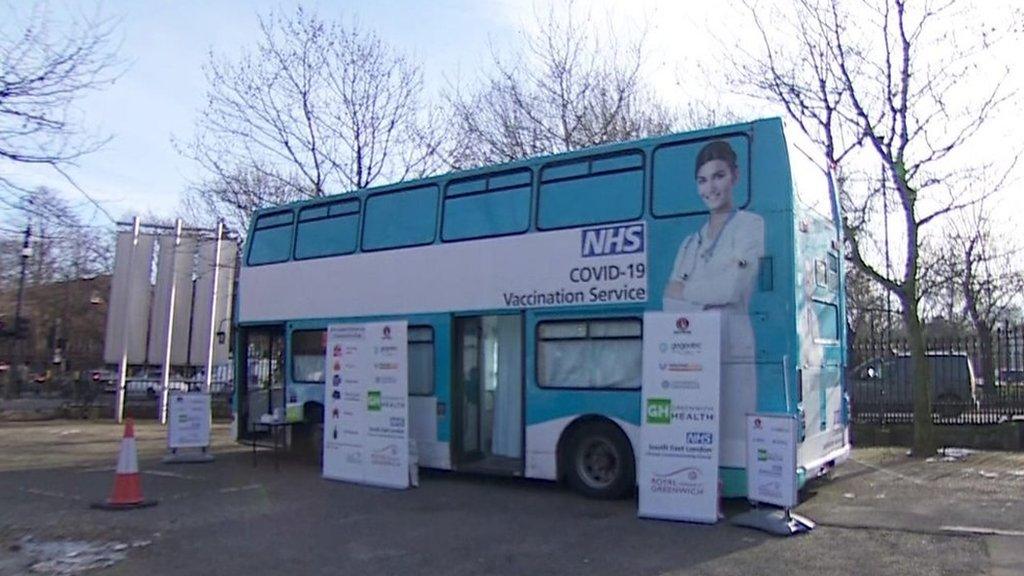
- Published13 February 2021
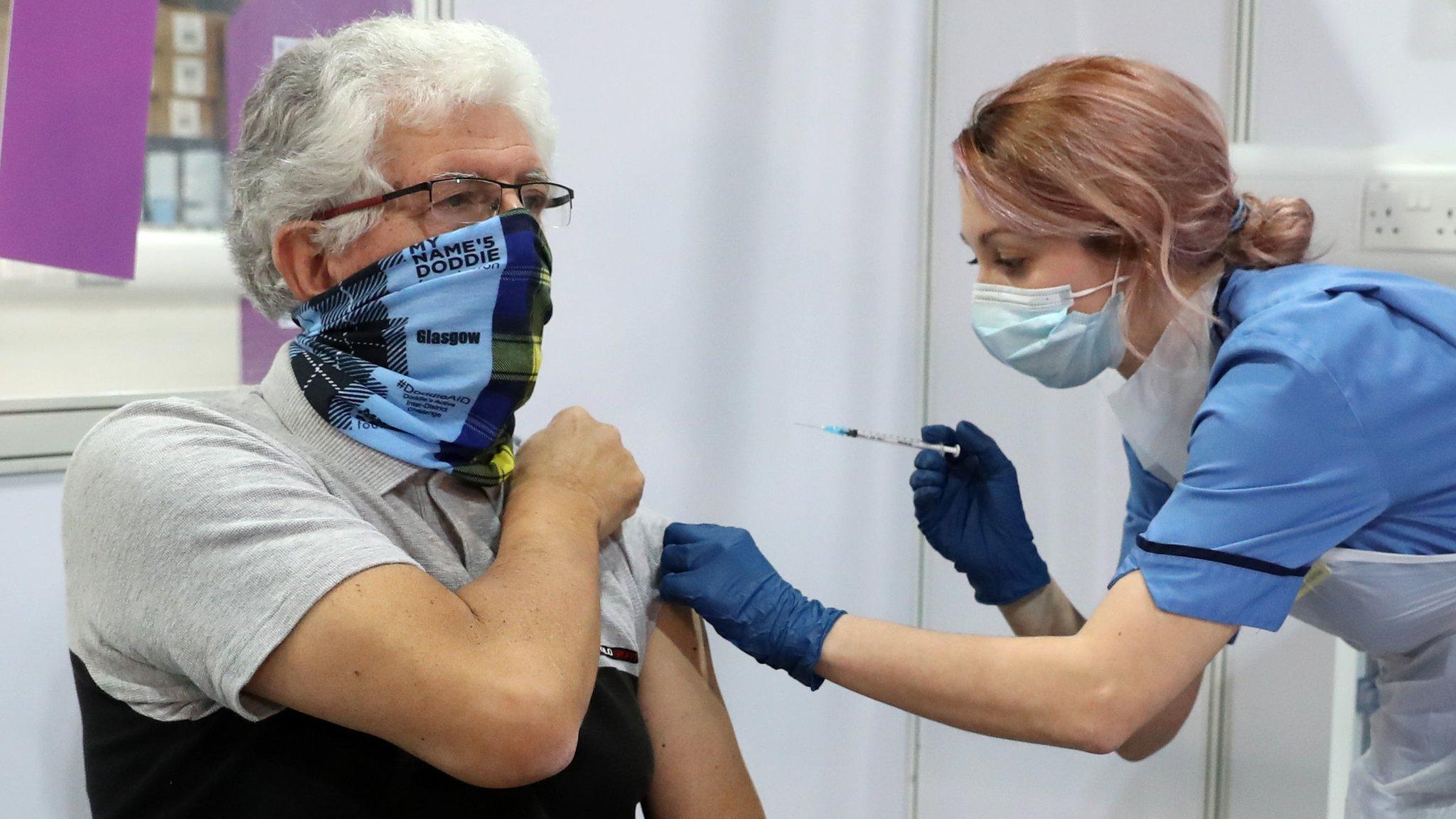
- Published12 February 2021
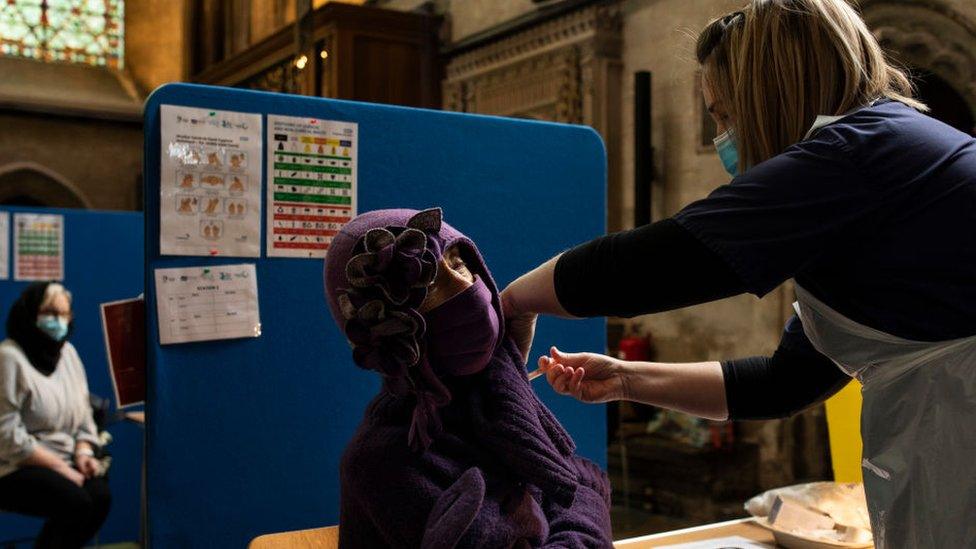
- Published12 February 2021
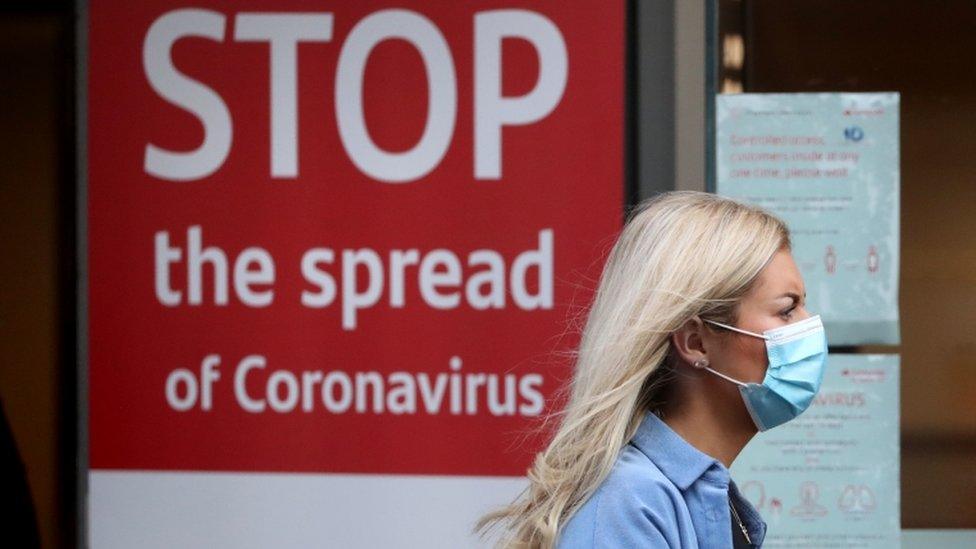
- Published8 February 2021
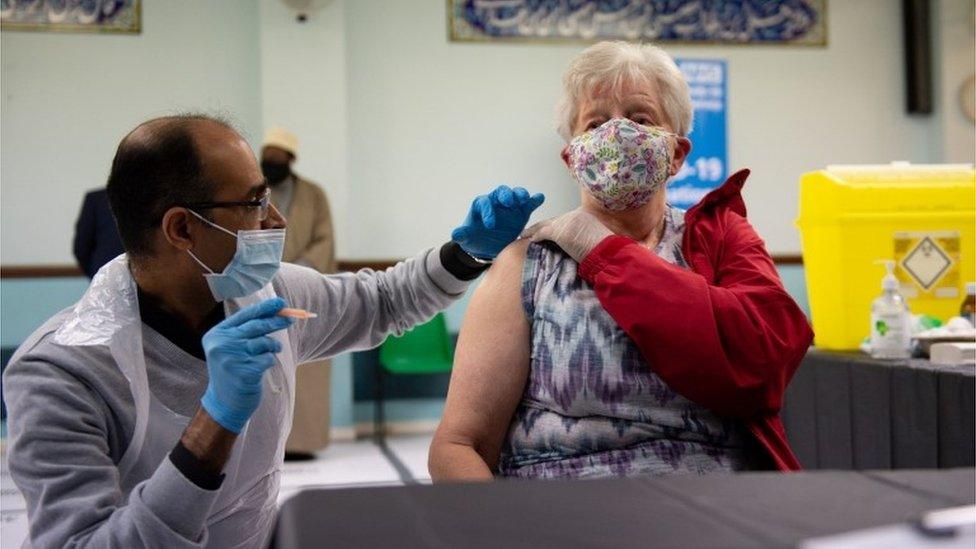
- Published4 March 2022
